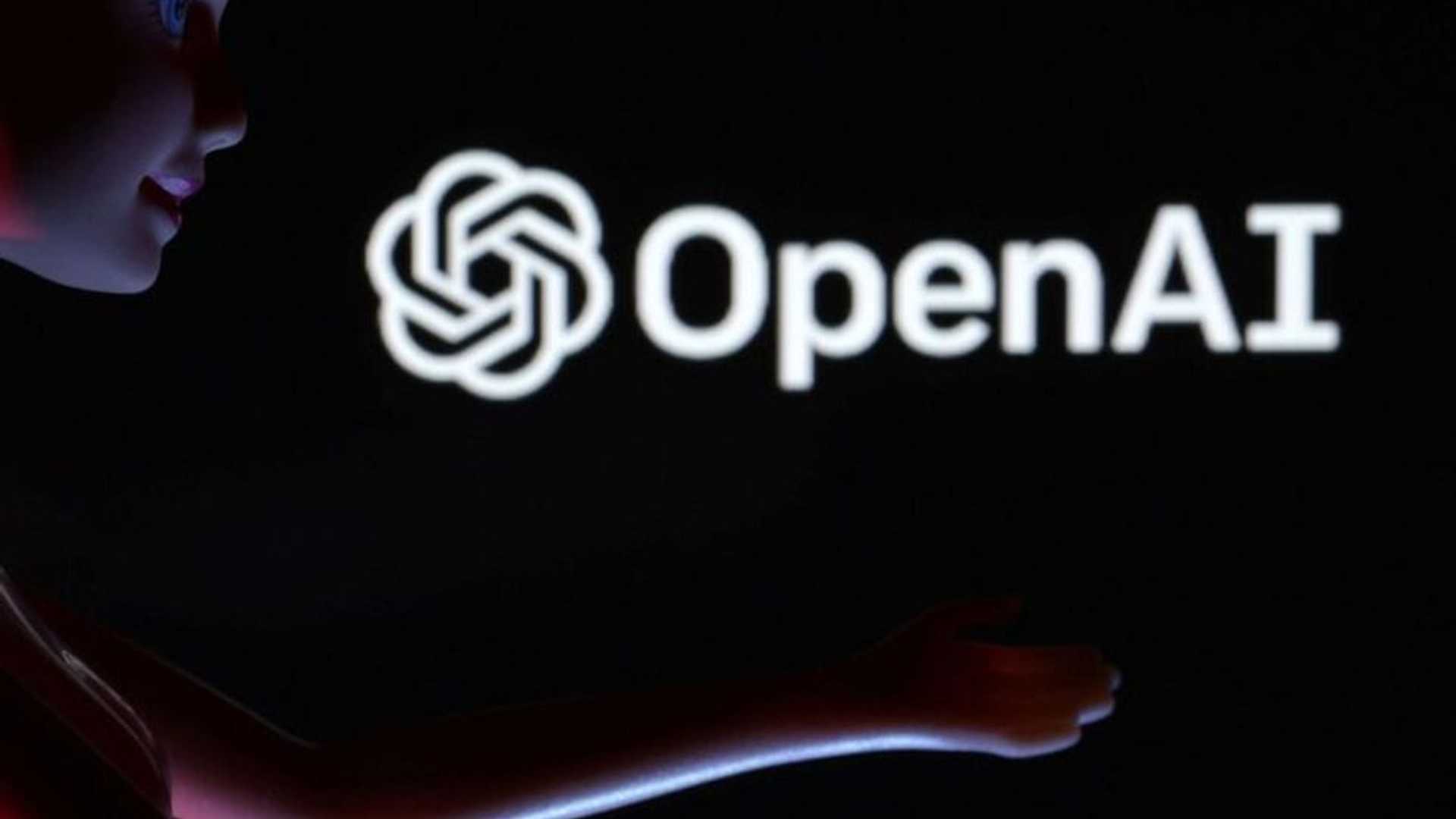OpenAI Launches "Incognito Mode" on ChatGPT to Prioritize User Privacy
OpenAI has announced the introduction of a new feature called the "incognito mode" for its popular chatbot, ChatGPT. This new feature will not save users' conversation history or use it to improve its artificial intelligence. The move comes amid growing concerns about how ChatGPT and other chatbots manage users' data, which is commonly used to train AI models.
ChatGPT Business Subscription with Enhanced Data Controls
The San Francisco-based startup also plans to introduce a ChatGPT Business subscription that comes with additional data controls. OpenAI mentioned that the new features were not a result of Italy's recent ban on ChatGPT due to possible privacy violations.
Mira Murati, OpenAI's Chief Technology Officer, stated that the company is compliant with European privacy laws and is working to assure regulators that user privacy remains a top priority. The company's goal is to put users "in the driver's seat" regarding data collection.
Users Can Choose to Switch off "Chat History & Training" Feature
OpenAI's latest product release allows users to switch off the "Chat History & Training" feature in their settings and export their data. The company will still retain conversations for 30 days to monitor for abuse before permanently deleting them.
Nicholas Turley, OpenAI's Product Officer, likened this new feature to an internet browser's incognito mode. He added that the company's upcoming business subscription, which will be available in the next few months, will not use conversations for AI model training by default.
Microsoft Also Offers ChatGPT to Businesses
Microsoft, which has invested in OpenAI, already offers ChatGPT to businesses. Murati mentioned that this service would appeal to the cloud provider's existing customers.
OpenAI's use of user information has helped enhance the reliability of its software and reduce political bias, among other issues. However, the company still faces privacy challenges that it aims to tackle. By prioritizing user privacy, OpenAI hopes to make its AI models more aligned with users' interests and needs.




















